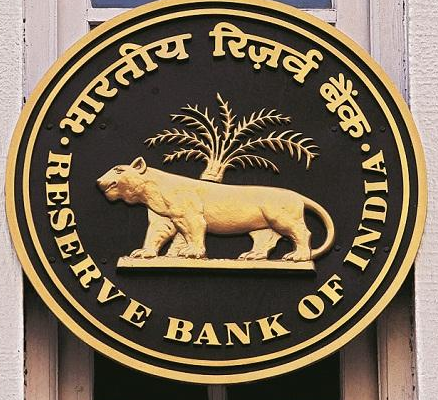Benjamin Netanyahu invites Indian realtors to collaborate on projects with Israeli companies.
By Abhay Shah, Realty Quarter

On Tuesday Israel’s Prime Minister Benjamin Netanyahu invited Indian real estate developers to collaborate with Israeli companies to increase efficiency and profitability.
“When you partner with Israelis who want to associate with you in order to capture the future together, you can boost the productivity and profitability of your enterprises too,” Netanyahu said here through video messaging conference while addressing the apex body of the realty developer Credai.
Israel and India are already working in collaboration in many fields like security, agriculture, cyber and IT, and now construction and real estate.
As regards growth opportunities, the stock in Indian office should reach 1 billion sq ft (currently it is 600 million sq ft) by the end of 2030, according to the Credai-CBRE joint report published here. As per the report, India’s financial opportunity is estimated to have been $9 billion by 2030. The income per capita could reach $5,625 for a population of approximately $1.5 billion, with the annual infrastructural expenditure of 7-8% of GDP.
India remains a long-term development potential high priority industry as can be seen in recent years increasing capital flow.
“The $5 trillion government mission and vision of a ‘New India’ means that leading sectors, such as property, must initiate transformative measures to form these objectives,” said Satish Magar, President of Credai.
Real estate that has been the focus for a number of policies and regulations for the previous five years now seeks the attention of the government primarily to fix the liquidity crisis in order to assist complete stalled and delayed projects.
The sector is certainly helped by a number of reforms including the implementation of Real Estate (Regulation & Development) Act, 2016, the Goods & Services Act, amendment to Benami Transaction (Prohibition) Act and the decision to demonetize high-value currency notes. However, the slow-selling trend of residential real estate has led the developers to stress liquidity.
The liquidity crisis has increased for some time and the IL&FS and NBFC crisis added to the pressure in the second quarter of 2018. In turn, this resulted in one significant problem: stopped and postponed projects throughout the nation.
“Developers have become more customer-focused because of the latest modifications in the business environment and at the policy level; a solution to stalled projects and financing needs to be found,” said HDFC MD Renu Sud Karnad. She believes it’s a passing stage while the industry is going through a hard phase. However, it is time, for developers to revise, evaluate and create solid business adherence.



















































































